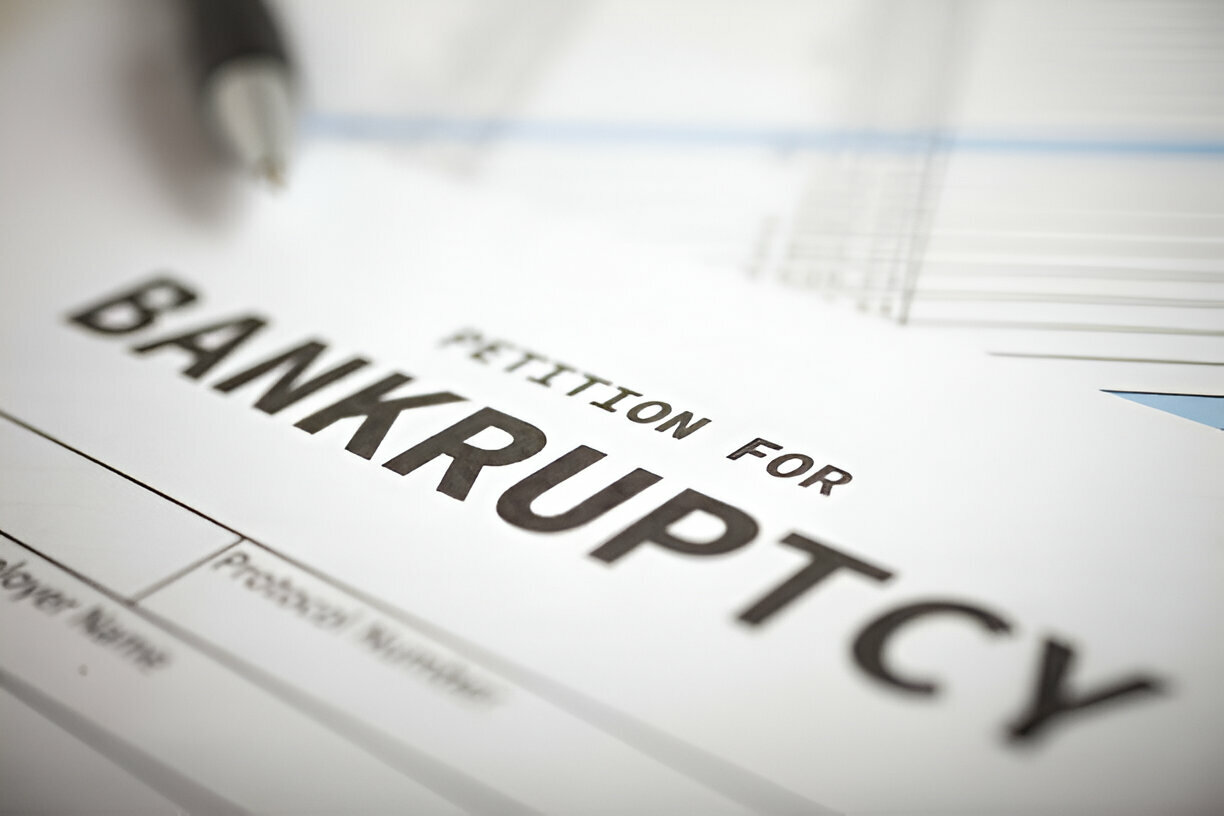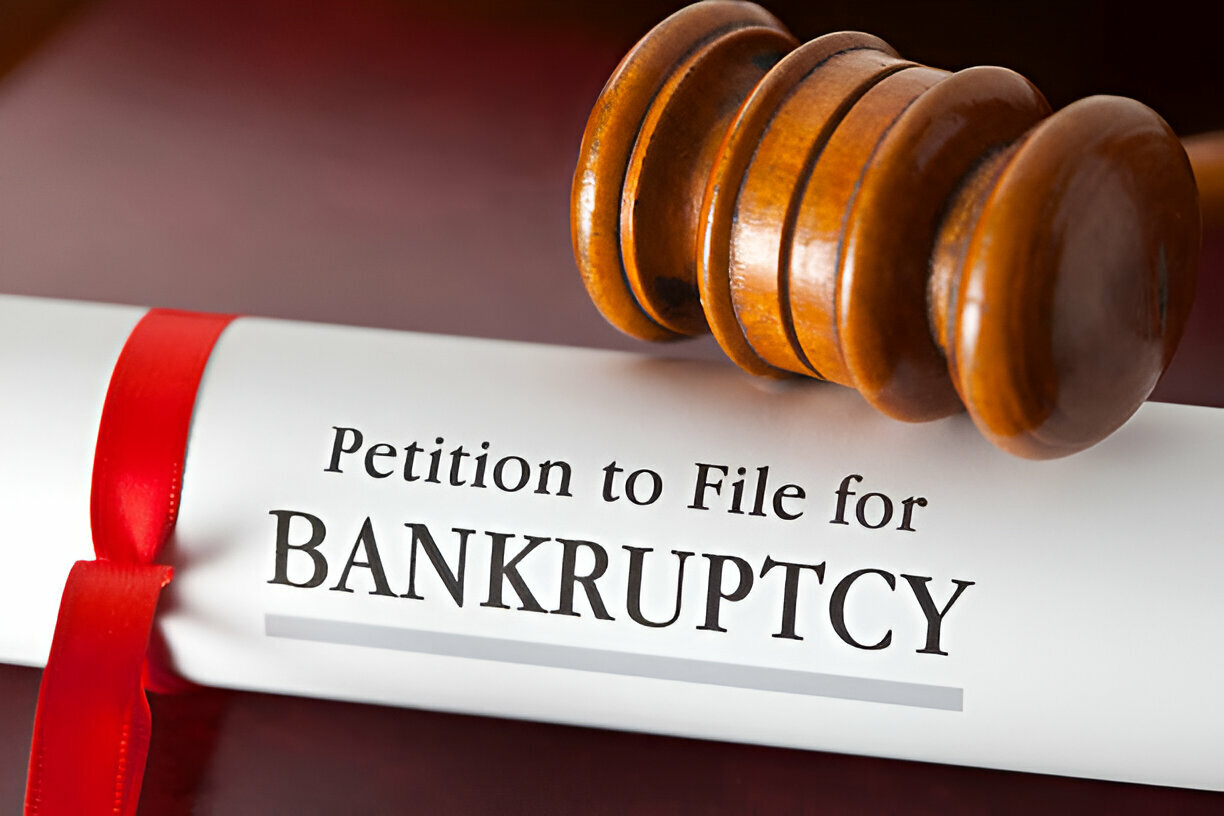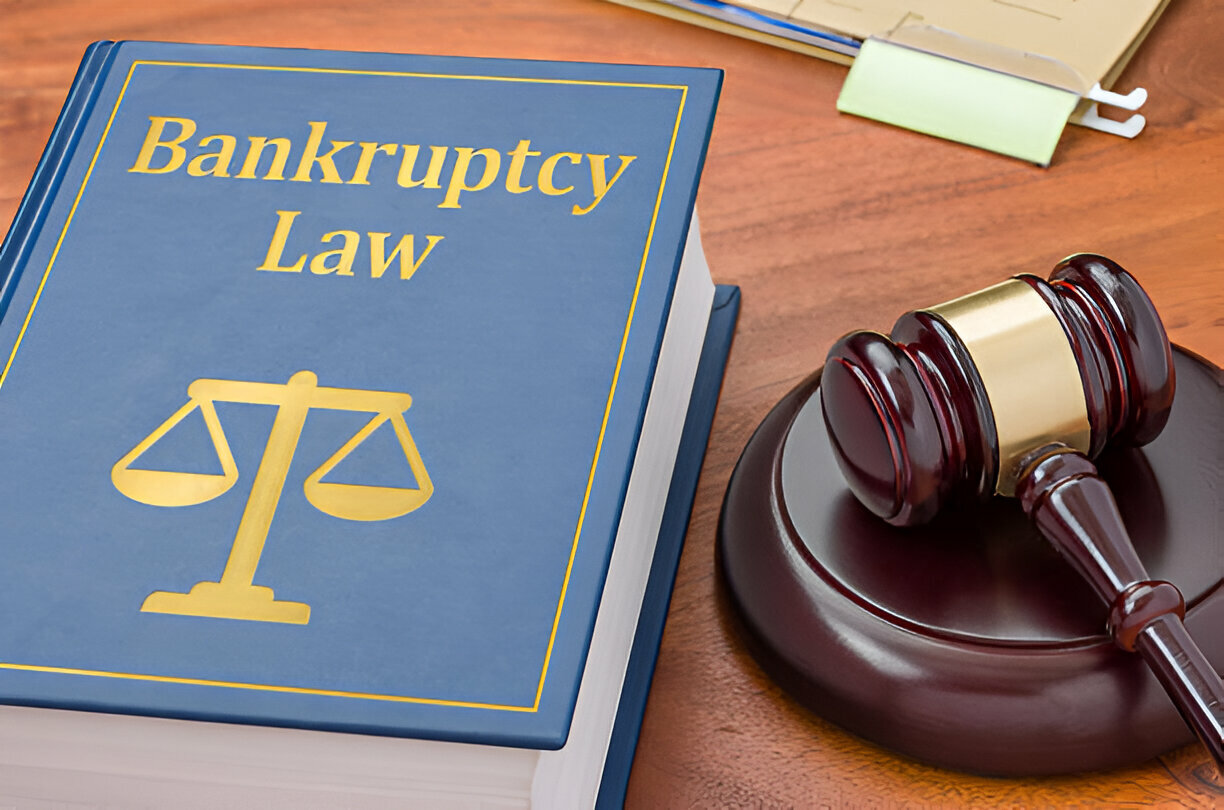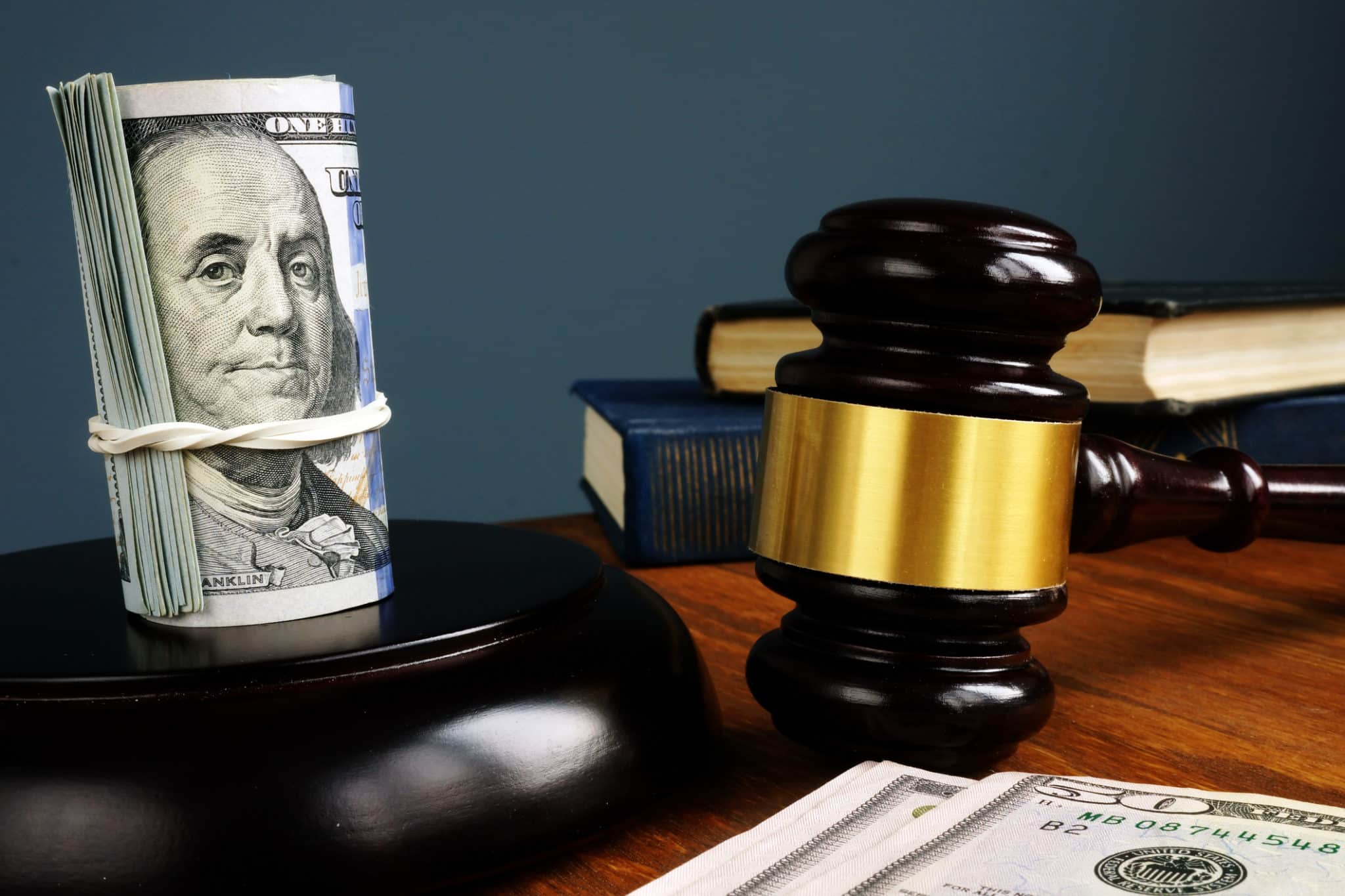Are there different types of bankruptcy debtors can file?
There are different types of bankruptcies, which are referred to by their chapter in the U.S. Bankruptcy Code. https://www.usbankruptcycode.org/. Individuals usually file a Chapter 7 or a Chapter 13 bankruptcy, depending on their situation. A debtor will file a Chapter 7 bankruptcy if they have in





